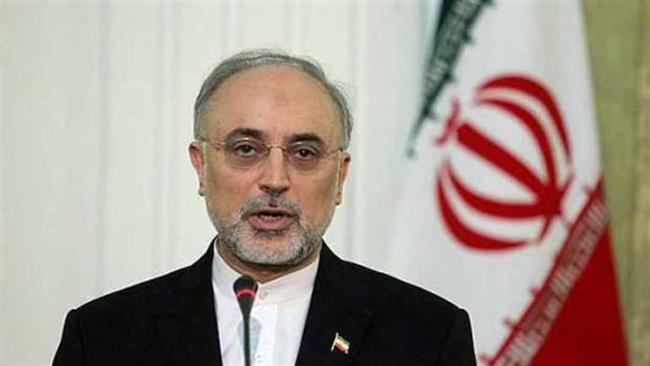The agreement clinched between Iran and six world powers over Tehran’s nuclear program has had numerous regional and international impacts, says the country’s nuclear chief.
The agreement has influenced Iran and Western countries as well as the Middle East and the international community, said Director of the Atomic Energy Organization of Iran (AEOI) Ali Akbar Salehi in an interview with the Chinese Central Television (CCTV).
On July 14, Iran and P5+1– the United States, Britain, France, China, Russia and Germany – finalized the text of a nuclear agreement dubbed the Joint Comprehensive Plan of Action (JCPOA) in the Austrian capital Vienna.
Under JCPOA, limits will be put on Iran’s nuclear activities in exchange for, among other things, the removal of all economic and financial bans against the Islamic Republic.
Salehi went on to say that the agreement will bring about changes in political and international domains, and that the situation which existed before the agreement will not resurface.
On the sanctions imposed on Iran, Salehi said the bans put in place following the 1979 Islamic Revolution of Iran had been ramped up in recent years.
He said the reason was to, in the West’s words, paralyze Iran’s economy. However, he said, even a drop in the value of the Iranian currency failed to affect the nation on the home front.
The ratcheting up of the sanctions only resulted in broader cooperation between Iran and China, Salehi noted.
Tehran and Beijing have had good economic relations over the past decade during which Sino-Iranian trade has crossed the 50 billion dollar mark, said the AEOI chief.
He termed China as Iran’s most important trade partner.
Mentioning that China’s investment in Iran’s infrastructure hovers around $20 billion, Salehi suggested that the figure could rise following the Vienna agreement and that the lifting of sanctions on Iran could open up more opportunities for the promotion of economic cooperation with Tehran.
